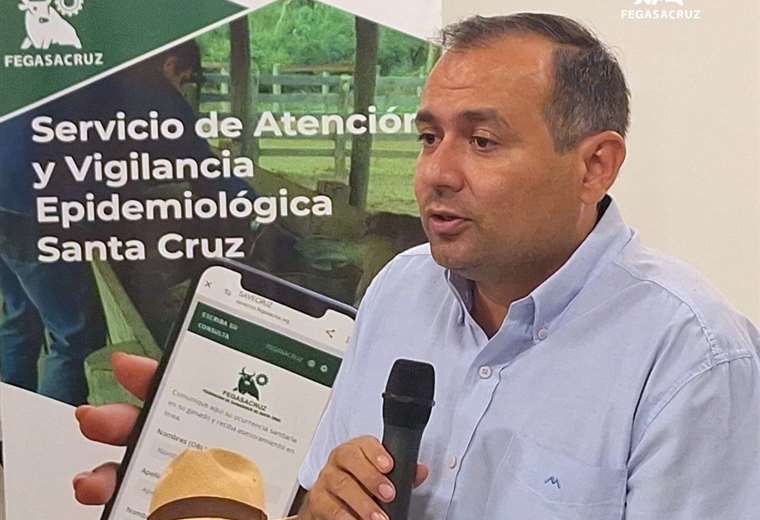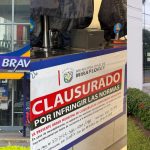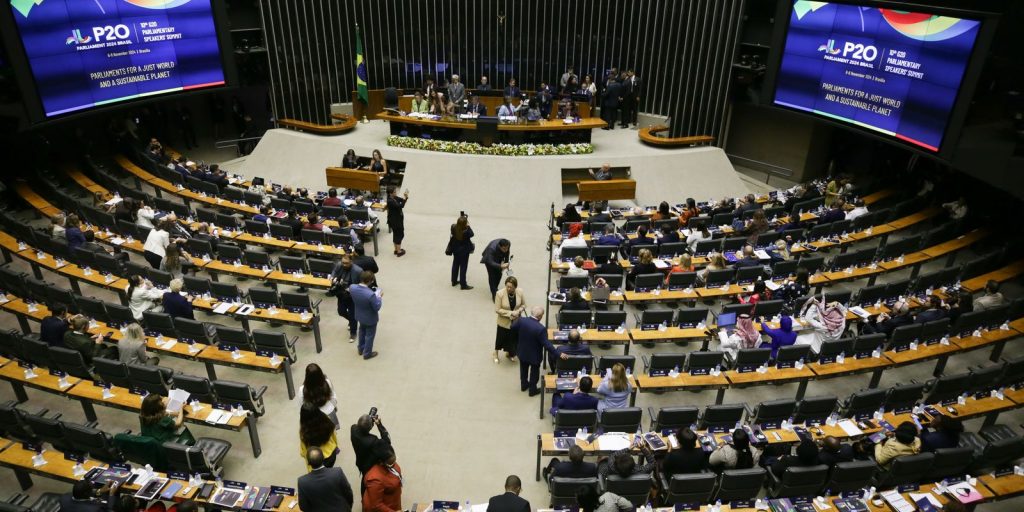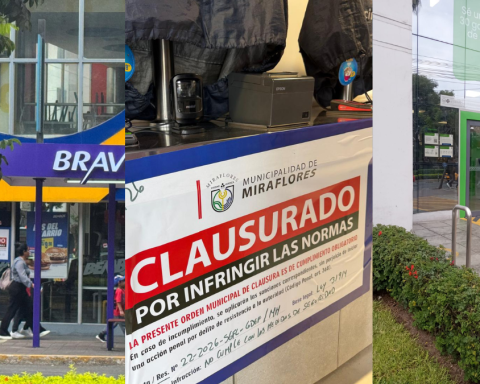November 6, 2024, 10:46 PM
November 6, 2024, 10:46 PM
In a bleak panorama for Bolivia’s agricultural sector, Walter Ruiz, president of the Santa Cruz Livestock Federation, has raised his voice to point out the seriousness of the economic situation facing the country. During an interview on the Dinero 360 program on EL DEBER Radio, Ruiz highlighted that many economists had already anticipated a decline in the national economy, a reality that today has materialized in a worrying manner. “We are in the center of the storm as producers,” he stated, emphasizing the urgency of addressing the problems that affect both ranchers and the general population.
Ruiz listed a series of challenges that have been exacerbated in the livestock sector, where the rising cost of diesel and inflation have significantly impacted production. “Inputs have risen more than 35% and the blockade has deprived the population of meat, an essential product in the family basket,” he lamented. Despite the efforts of producers to maintain the supply of livestock, the impact of the blockade and the lack of resources have left citizens without adequate access to this food.
One of the topics most highlighted by Ruiz was the effect of climate on livestock production. “The rains have not been enough to put out the fires nor to supply water to our livestock,” he declared, emphasizing that the situation has become unsustainable. The lack of timely diesel and the need for adequate transportation routes have created a scenario of imminent food insecurity. “Today we can no longer talk about future, it is a present problem,” he warned.
The president of the Federation also emphasized the importance of listen to the agricultural sector and to consider the proposals they have presented to avoid reaching this crisis. “The voice of agriculture has been ignored, and that has led to bad decisions that have affected the entire population,” Ruiz explained, pointing out that not only is the livestock sector suffering, but citizens are also facing an increase in food prices.
Regarding the meat supply chain, Ruiz explained that pricing is a complex process that involves multiple actors, from the producer to the exporter. “We cannot comment on whether prices are high or low, since They are the result of a series of factors such as diesel, the dollar and other inputs,” he clarified. However, he warned that any attempt by the State to intervene in price setting could further complicate the situation.
Risk of immediate shortages
Looking ahead, Ruiz expressed concern about the coming months, which are critical for meat consumption. “If we do not receive timely diesel and transport conditions are not improved, “We run the risk of immediate shortages.”said. The decisions made at this time are crucial to avoid a food crisis that could affect the entire population.
Finally, Ruiz called on the new legislative authorities to work together with the productive sector and create regulations that truly benefit ranchers.. “The producer has become a paperwork specialist, fighting to defend their rights instead of focusing on production,” he concluded.
The situation of the livestock sector in Bolivia is a reflection of a broader economic problem that affects all citizens, Ruiz added.
















